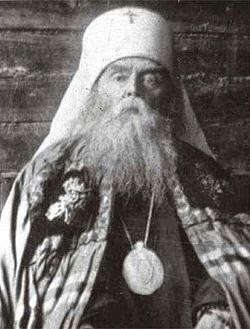"Oh, how I love Thy Law! It is my meditation all the day." So sung King David, and so should we sing at all times in our fervor for the Lord's Word. Many ways are there for us to be soaked in Scripture in order to "swim in the Law of the Lord" (in the beauteous phrase of St. Seraphim), and one of these is the way known as lectio divina, the divine reading. A great guide of this practice is Guigo II, a Carthusian prior. Let us learn from him how the Law of the Lord can always be our delight.
Guigo shows us for degrees for entering into the inner chamber of the Word: reading, meditation, prayer, and contemplation. We can even see these in the Psalms: "Make me understand the way of Thy precepts, and I will meditate on Thy wondrous works...I long for Thy salvation, O Lord, and Thy Law is my delight." Guigo's words show us how these verses are a lamp for our path into the Scriptures: "Reading is the careful study of the Scriptures, concentrating all one's powers on it. Meditation is the busy application of the mind to seek with the help of one's own reason for knowledge of hidden truth. Prayer is the heart's devoted turning to God to drive away evil and obtain what is good. Contemplation is when the mind is in some sort lifted up to God and held above itself, so that it tastes the joys of everlasting sweetness….Reading seeks for the sweetness of a blessed life, meditation perceives it, prayer asks for it, contemplation tastes it."


.jpg)

